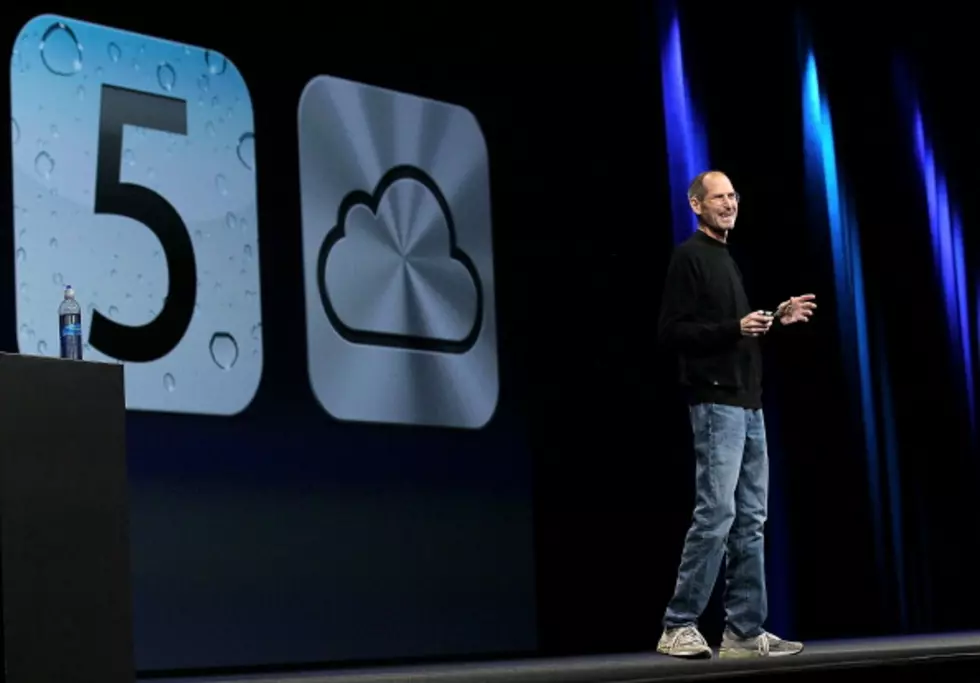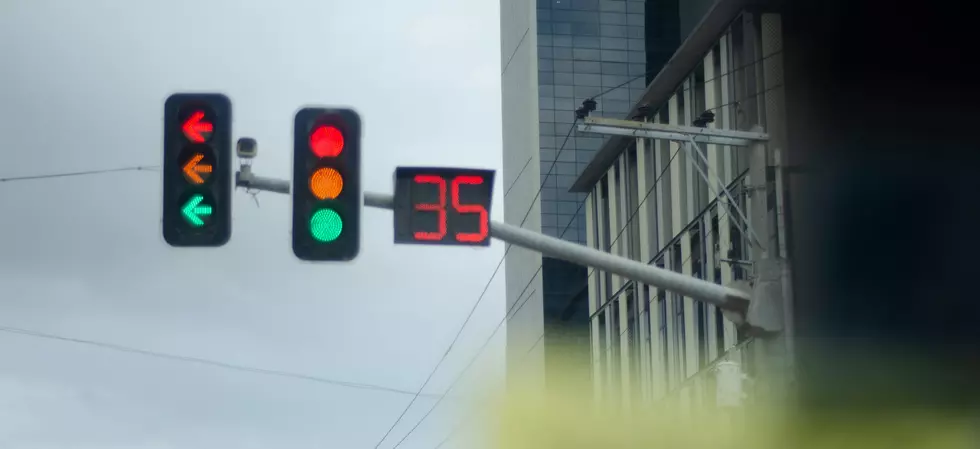
Why Do Pirates Do Pirate Things? This Is Why – Tech Tuesday
A women in Norway named Linn owns a Kindle and had "purchased" 30 or so books from Amazon for it. According to her, she used it simply for read because she travels a lot. One day she went to use it and found it had been wiped clean and she no longer had access to her account. Was she hacked? Nope, Amazon had shut her account off and wiped her Kindle remotely. When she asked why, she got the run around. Why did they do it? They won't say.
When Linn contacted Amazon, she received an email to the effect saying her account was linked with another that had violated it's abuse policies. Follow up emails wouldn't say how or offer up any other details. Just that the account was closed, it wasn't going to get reopened and to "not let the digital door hit you in the butt on the way out." Amazon didn't say that to her, but it's pretty much the message they gave her. After a bunch of websites started reporting the story, she was contacted again by Amazon, and her account is now reactivated and she's getting a new Kindle. Hurray! Internet justice prevails! But she still has no clue why. But this story underscores a point.
Amazon was able to close her account with no warning and no recourse. They could do this because of the Digital Rights Management that is installed in their devices and the books. Also, if you read the policy for Amazon closely, you rent the books, not own them. So what would you do in this case? You spend your hard earned money on something that someone can take back from you at anytime, with no reason and no explanation to you. This is why many pirates do what they do.
This is not a straight up justification of what they do, but a simple explanation and that from what I see, DRM is not working. It's a broken system and would be better relegated to the recycle bin of the digital world. But there is always the fact that when a company develops a new form of DRM, that it is usually cracked in short order. The whole notion of copyright and rights management has gone completely off the deep end in my opinion. With companies trying to regulate when, where and how you can access content they "rent" or distribute. One thing I know is, guys who create new DRM schemes and the folks that crack them, are pretty much not going to have to worry about a job for a while. There's plenty of work to go around.
$>/usr/share/"09 F9 11 02 9D 74 E3 5B D8 41 56 C5 63 56 88 C0"
More From Q 105.7


![Dalton And The People Of Mayhem Fest [VIDEO]](http://townsquare.media/site/79/files/2012/08/MAYHEM.jpg?w=980&q=75)






